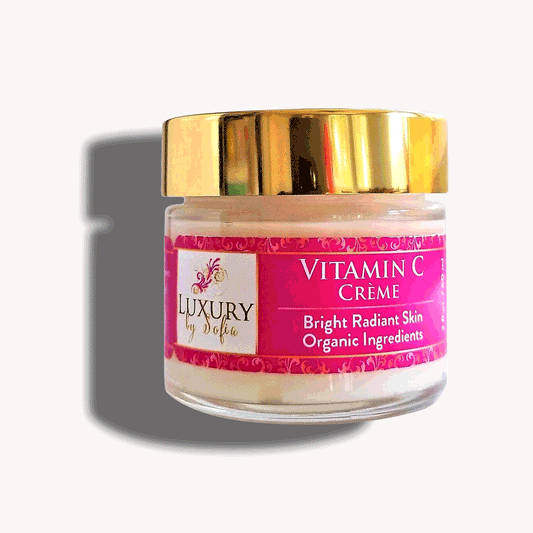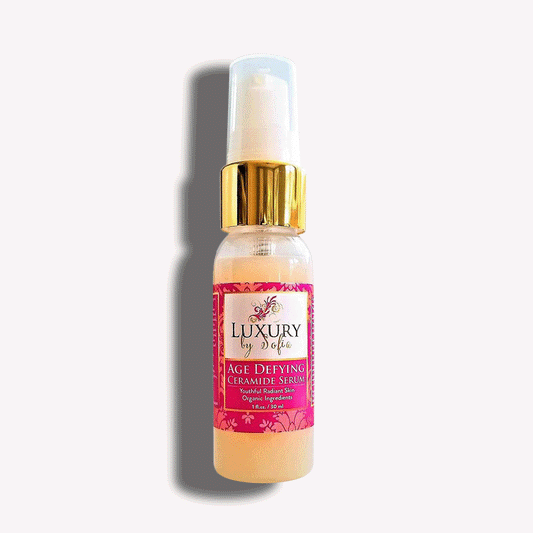Do you struggle with sensitive skin that often reacts to products, weather changes, or stress? Dealing with sensitive skin can be a frustrating and uncomfortable experience, but with the right care and products, you can soothe and calm your skin.
In this blog post, we'll explore some tips and tricks to help you manage and care for your sensitive skin.

1. Identify Triggers
The first step in managing sensitive skin is to identify what triggers your skin reactions. Common triggers include harsh chemicals in skincare products, fragrances, extreme temperatures, and stress. Keep a journal to track your skin reactions and identify patterns that may help you pinpoint specific triggers.
2. Use Gentle Products
When it comes to sensitive skin, less is often more. Choose skincare products specifically formulated for sensitive skin, free of fragrances, dyes, and harsh chemicals. Look for labels that say "hypoallergenic," "fragrance-free," and "dermatologist-tested." Opt for gentle cleansers, moisturizers, and sunscreens that won't irritate your skin.
3. Patch Test
Before trying out a new skincare product, always do a patch test to ensure it doesn't cause an adverse reaction on your skin. Apply a small amount of the product on a small area of your skin and wait 24 hours to see if any redness, itching, or irritation occurs.
4. Moisturize Regularly
Moisturizing is key for soothing and calming sensitive skin. Look for moisturizers that are gentle, hydrating, and formulated for sensitive skin. Ingredients like hyaluronic acid, ceramides, and glycerin can help hydrate and strengthen the skin barrier, reducing sensitivity and irritation.
Try Now: Organic Vitamin C Moisturizing Face Cream
Sensitive skin is often more prone to sun damage, so it's crucial to protect your skin with a broad-spectrum sunscreen. Choose a physical sunscreen with zinc oxide or titanium dioxide, as these ingredients are gentle on sensitive skin and provide effective protection against harmful UV rays.
Stress can worsen sensitive skin conditions, so it's essential to practice stress management techniques like mindfulness, meditation, yoga, or deep breathing exercises. Taking care of your mental health can have a positive impact on your skin's health and reduce sensitivity and flare-ups.
7. Consult A Dermatologist
If you're struggling to manage your sensitive skin or experiencing persistent skin issues, it's best to consult a dermatologist. A dermatologist can help diagnose your skin condition, recommend suitable treatments, and provide guidance on how to care for your sensitive skin effectively.
Conclusion
Remember, everyone's skin is unique, so what works for one person may not work for another. It may take some trial and error to find the right skincare routine and products that work for your sensitive skin. Be patient, gentle, and kind to your skin, and with consistent care, you can soothe and calm your sensitive skin for a healthier, happier complexion.













